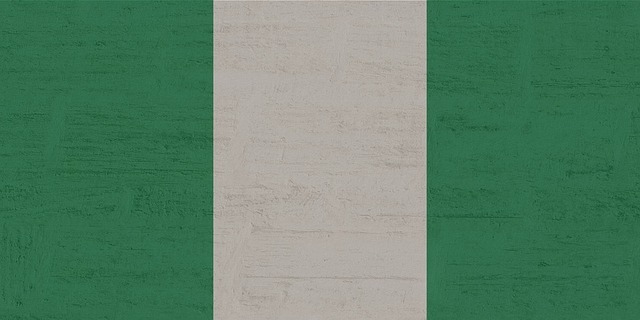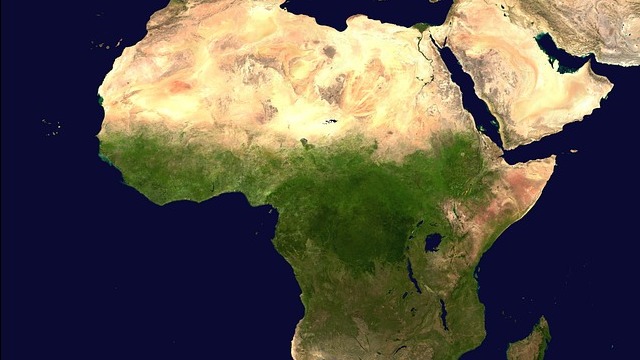
A Shocking Realignment: Atiku Abubakar Joins ADC
A political thunderclap recently reverberated across Nigeria's opposition landscape as former Vice President Atiku Abubakar formally exited the People’s Democratic Party (PDP) to join the African Democratic Congress (ADC). This shift, characterized by analysts as both strategic and surgical, has sent waves of concern rippling through the PDP, a party already beset by fragmentation.
In 'PDP Shake-Up: Atiku Abubakar, Key Allies Join ADC Ahead of 2027', the discussion dives into the significant political reshuffle in Nigeria, exploring key insights that sparked deeper analysis on our end.
The Implications of Atiku's Departure for PDP
Atiku's departure from the PDP leaves behind a void that cannot be easily filled, especially as the party grapples with issues of zoning, leadership fatigue, and ideological disarray. Critics question whether the PDP can survive these internal battles without one of its most recognizable figures. The departure reflects a crisis of confidence among party members, and many observers question the effectiveness of the PDP moving forward.
Assessing the Validity of ADC's Rise
Atiku's movement to ADC raises questions about the new party's credibility. Can it truly emerge as a credible third force in Nigerian politics? As the ADC welcomes new members, the challenge remains: will it garner enough electoral strength to disrupt the established hegemony of the ruling All Progressives Congress (APC)? Observers note that ADC's existing base is significantly enhanced by the influx of PDP defectors, but whether they can attract substantial voter allegiance is another matter entirely.

Atiku's Political Legacy: Serial Defector or Visionary Leader?
The perception of Atiku as a “serial defector” paints him in a controversial light. Critics argue that his frequent party-hopping undermines his integrity and consistency, suggesting that personal ambition supersedes collective political goals. However, supporters contend that his moves are strategic maneuvers aimed at ensuring democratic viability in a shifting political landscape. The real question remains whether this latest gamble will pay dividends or lead to further erosion of his political capital.
The 2027 Elections: What’s at Stake?
With the clock ticking down to the 2027 general elections, the stakes are exceedingly high. APC is now compelled to navigate a political arena that suddenly feels more crowded. The emergence of ADC could reshape voting patterns, particularly with Atiku rallying support in critical areas where he has historical appeal. Moreover, the growing discontent with the APC creates opportunities for the ADC to exploit public sentiment, especially in regions previously dominated by PDP.
Empowering a New Opposition?
Atiku's realignment with ADC symbolizes a push for diversifying political representation within Nigeria. The fears of a one-party state have been exacerbated under the APC's rule, and as opposition figures from various backgrounds converge, the ADC appears poised to challenge the political status quo. This could inspire a new wave of activism among disillusioned voters who feel unrepresented by the current administration.
Looking Ahead: The Path to Power for the ADC
The ADC must navigate a complex landscape to position itself as a credible challenger against the formidable APC. Key factors that will influence this include the party's grassroots mobilization, strategic alliances with other opposition factions, and the ability to present a unified front that resonates with a diverse electorate. With Atiku at the helm, the ADC's narrative will need to focus heavily on restoring public trust and establishing a distinct political identity apart from both the PDP and APC.
In conclusion, the political dynamics surrounding Atiku Abubakar's defection to the ADC could very well redefine Nigeria's electoral contest in 2027. As parties realign and voters reassess their options, the next few years will be critical in charting a path for Nigeria’s democratic future. The question remains: will the ADC succeed where others have failed, or will it fall prey to the same fragmentation that has plagued the PDP?
 Add Row
Add Row  Add
Add 


Write A Comment